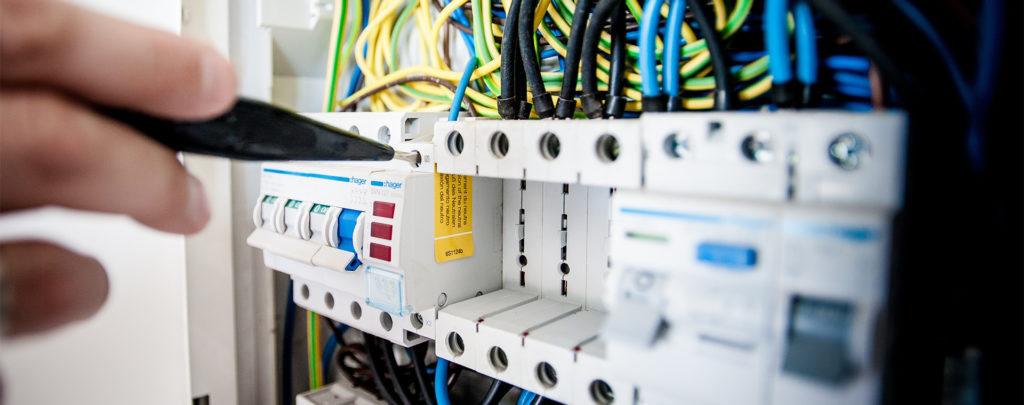India is one of the youngest nations in the world. Our youth are our strength. However, a challenge facing the country is that of skilling our youth as per the demands of the industry. Recognizing the need for quickly coordinating the skill development and entrepreneurship efforts of all concerned stakeholders, the Government of India created the Ministry of Skill Development and Entrepreneurship on 9th November, 2014. To create further convergence between the Vocational Training System through Industrial Training Institutes (ITIs) and the new skill initiatives of the Government, the Training and Apprenticeship Training divisions from the Directorate General of Employment and Training (DGET) under the Ministry of Labour and Employment stand transferred to the Ministry of Skill Development and Entrepreneurship (MSDE) with effect from 16th April, 2015. This move brings over 11000 ITIs and scores of other institutions, and the Apprenticeship and Training divisions, under the Ministry.
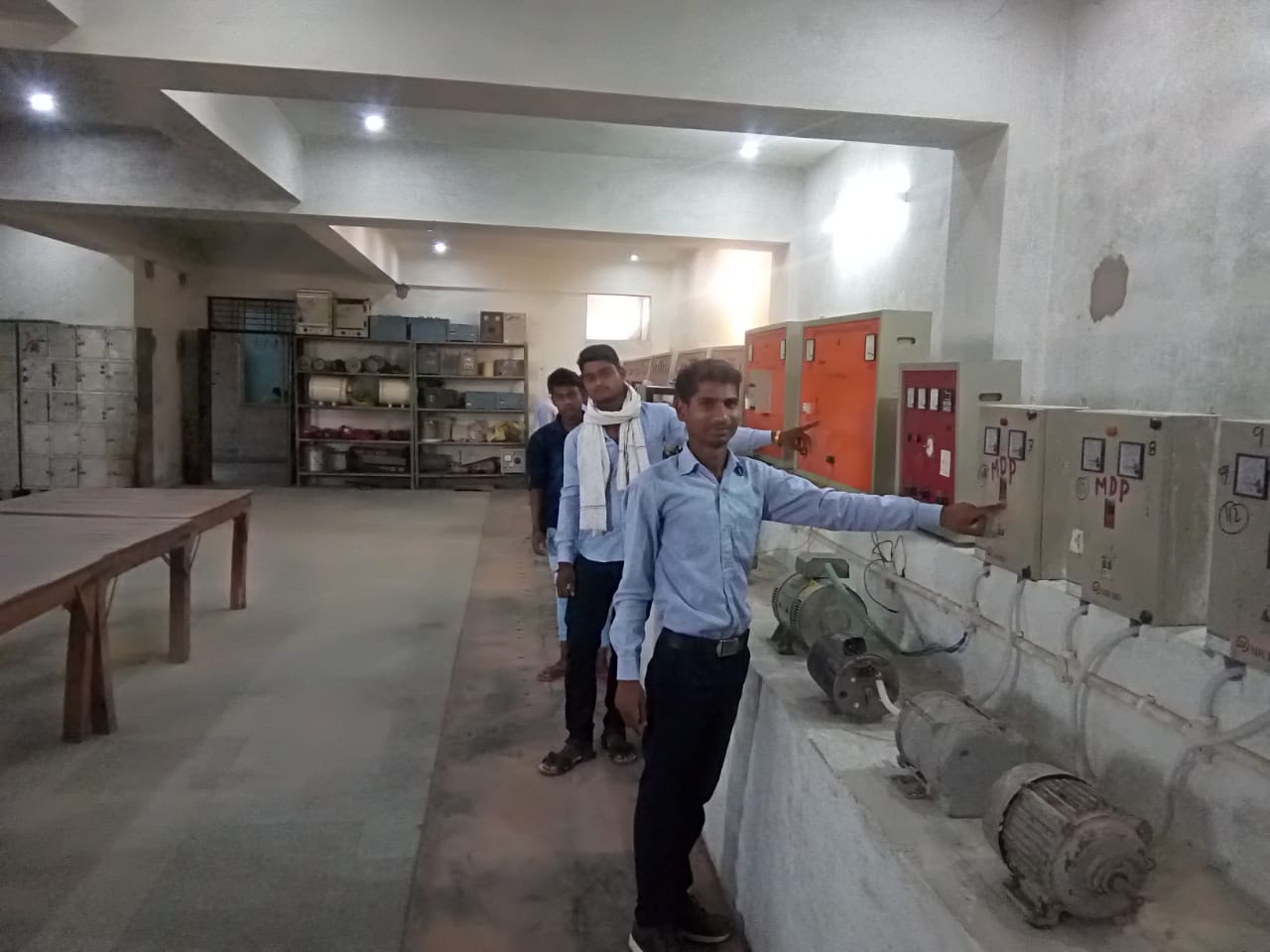
The Ministry of Skill Development and Entrepreneurship is an apex organization for the development and coordination of the vocational training including Women’s Vocational Training in our country. The Ministry conducts the vocational training programmes through the Craftsmen Training Scheme (CTS), Apprenticeship Training Scheme (ATS), Modular Employable Scheme (MES) under the Skill Development Initiative (SDI) Scheme, and Craftsmen Instructor Training Scheme (CITS) to cater the needs of different segments of the Labour market. The National Council for Vocational Training (NCVT) acts as a central agency to advise Government of India in framing the training policy and coordinating vocational training throughout India. The day-to-day administration of the ITIs rests with the State Governments/ Union Territories.
- Training courses under the CTS is being offered through a network of more than 11000 Government and Private Industrial Training Institutes (ITIs) located all over the country with a total seating capacity of more than 16 Lakhs with an objective to provide skilled workforce to the industry in 126 trades. Skill development courses exclusively for women are also being offered under CTS and other schemes through Government and Private ITIs and Regional Vocational Training Institutes (RVTIs) for Women.
- The Apprentices Act, 1961 was enacted with the objective of regulating the program of apprenticeship training in the industry by utilizing the facilities available within for imparting on-the-job training. The Act makes it obligatory for employers in specified industries to engage apprentices in designated trades to impart on the job training for school leavers, and ITI passed outs to develop skilled manpower for the industry.
- The Ministry is implementing the Employable Scheme (MES) under the Skill Development Initiative Scheme to provide vocational training to people to develop skilled manpower for the industry through a network of Vocational Training Providers (VTPs) located across the country.
Central Staff Training and Research Institute (CSTARI), Kolkata is the nodal institute for the development/revision of curricula under all vocational training schemes of the Ministry. National Instructional Media Institute (NIMI), Chennai is to make available instructional material in various trades for the use of trainees and trainers to ensure overall improvement in the standard of institutional training under the CTS and ATS schemes. The institute is actively involved in the development, production and dissemination of instructional media Packages (IMPs) comprising of books on Trade Theory, Trade Practical, Test/Assignment, and Instructor’s Guide.
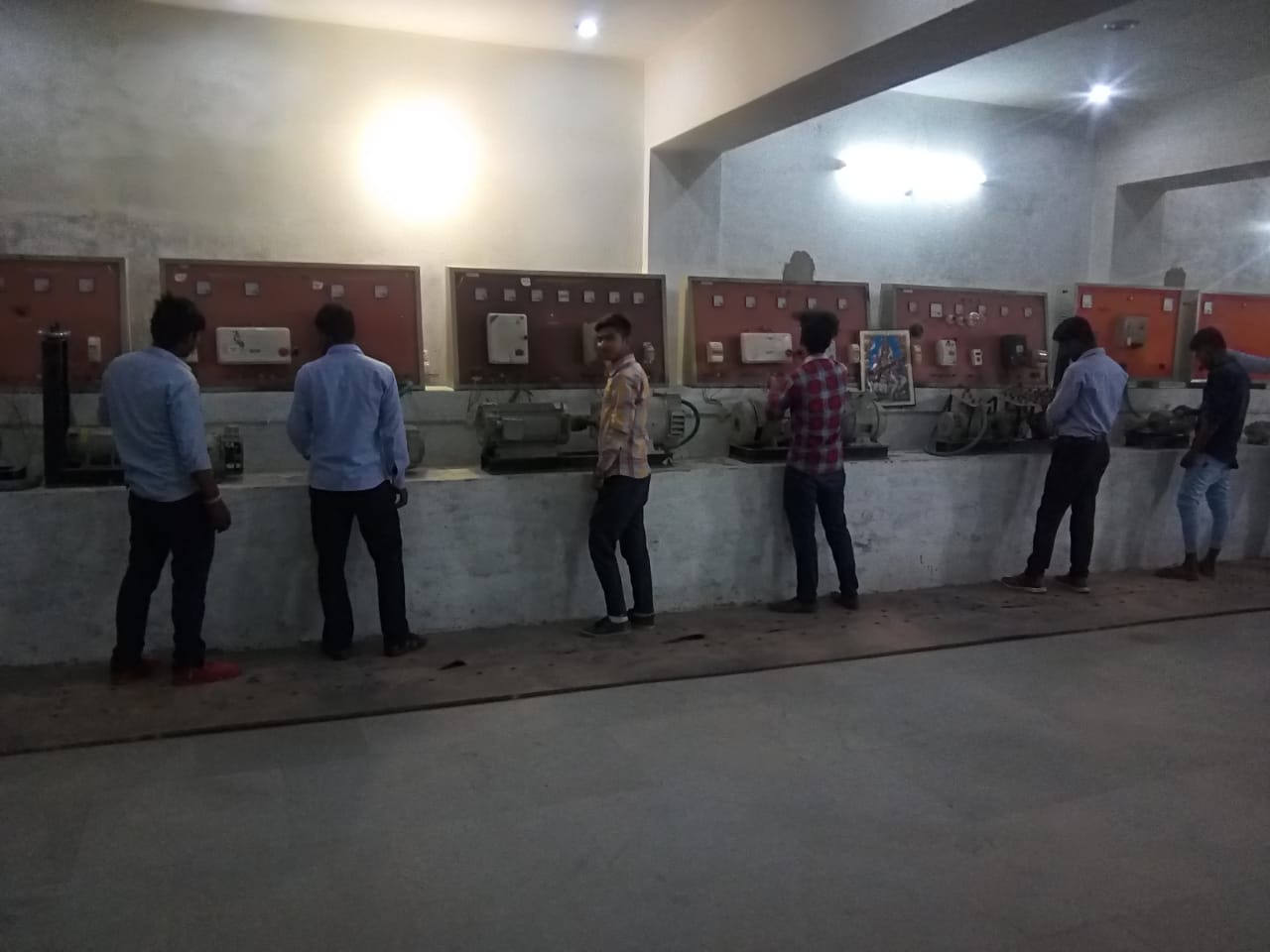
The National Skills Qualification Framework (NSQF), published in the Gazette of India on 27th December, 2013, is a national framework that aims to integrate general and vocational streams of education and training. The main goal of the NSQF is to focus on competency-based qualifications, which in turn facilitate and enhance transparency, both within and between general and vocational streams. The National Skill Development Agency (NSDA) under the Ministry is responsible for anchoring and implementation of the Framework, by bringing together the key stakeholders through the National Skill Qualifications Committee (NSQC).
The competency-based framework organizes qualifications into ten levels, with the entry level being 1, and the highest level being 10. Each level of the NSQF is described by a statement of learning outcomes in five domains, known as level descriptors. These five domains are (1) Process, (2) Professional knowledge, (3) Professional skill, (4) core skill, and (5) Responsibility. The paradigm shift from learning focused on inputs to an outcome/competency-based education would help in the Recognition of Prior Learning (RPL), and simultaneously enable the alignment of the Indian qualifications with international ones. Government funding is expected to be on a preferential basis for NSQF compliant courses. The NSQF notification provides a Qualification Register, which is the official national database of all qualifications aligned to NSQF levels. Through this Register, learners can expect access to all NSQF compliant qualifications.
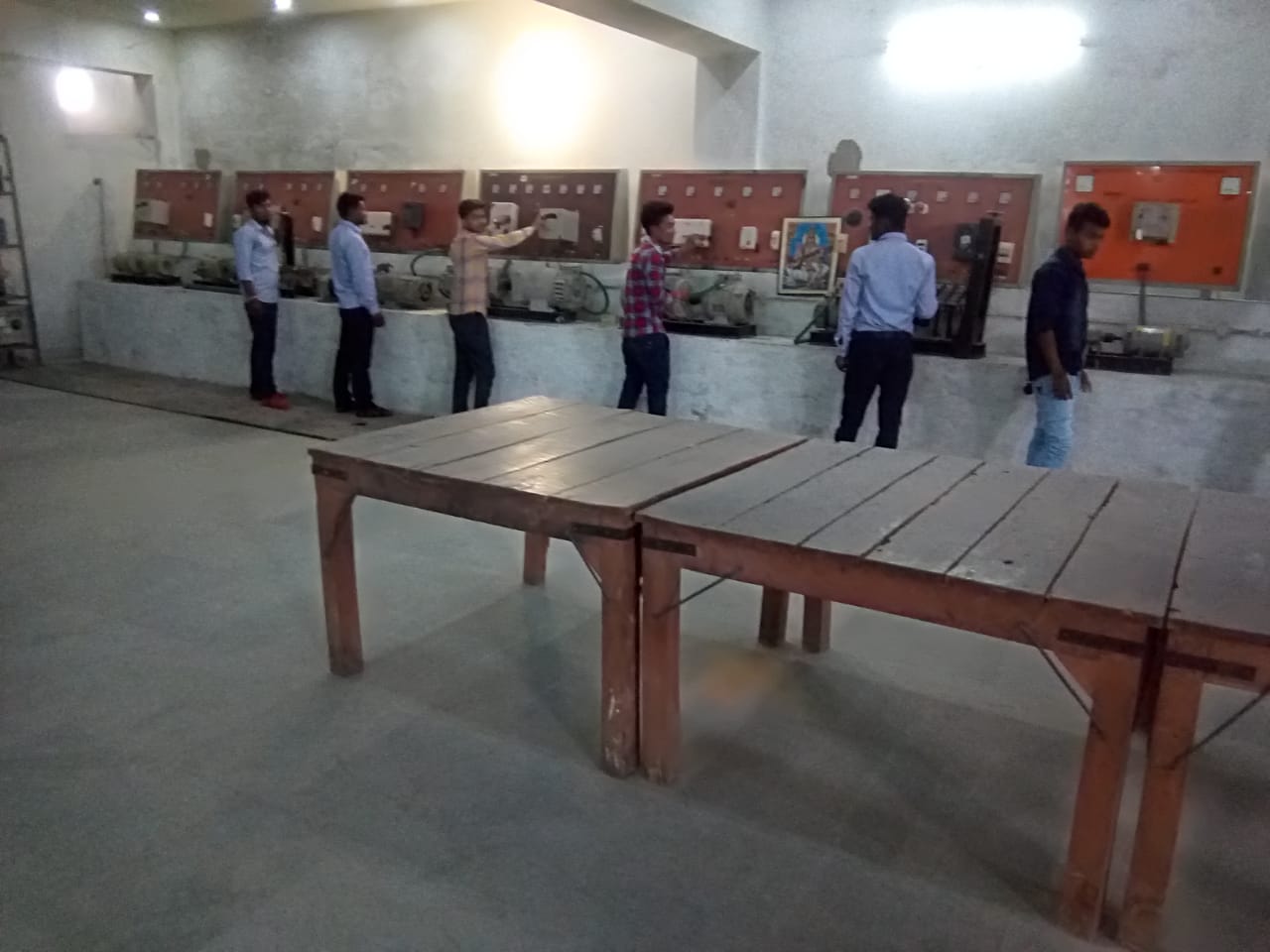
The Ministry has set up Mentor Councils to focus on courses under NCVT in various sectors with representation from thought leaders among different stakeholders viz., industries, innovative entrepreneurs who have proved to be game-changers, academic/professional institutions, and champion ITIs for each of the sectors. The Mentor Council for each sector reviews curriculum, admission criteria, course duration, and requirement of trainers and assessment/evaluation systems for the sector on a continuous basis and make recommendations regarding the same. Sector-wise Core Groups are formed to plan and prepare the documentation for the competency-based curricula for the courses under each sector.
JOB ROLES: Reference NOS & NCO
Brief description of Job roles:
Electrician, General installs, maintains and repairs electrical machinery equipment and fittings in factories, workshops power house, business and residential premises etc., Studies drawings and other specifications to determine electrical circuit, installation details, etc. Positions and installs electrical motors, transformers, switchgears. Switchboards, Microphones, loud-speakers and other electrical equipment, fittings and lighting fixtures. Makes connections and solders terminals. Test electrical installations and equipment and locates faults using megger, test lamps etc. Repairs or replaces defective wiring, burnt out fuses and defective parts and keeps fittings and fixtures in working order. May do armature winding, draw wires and cables and do simple cable jointing. May operate, attend and maintain electrical motors, pumps etc
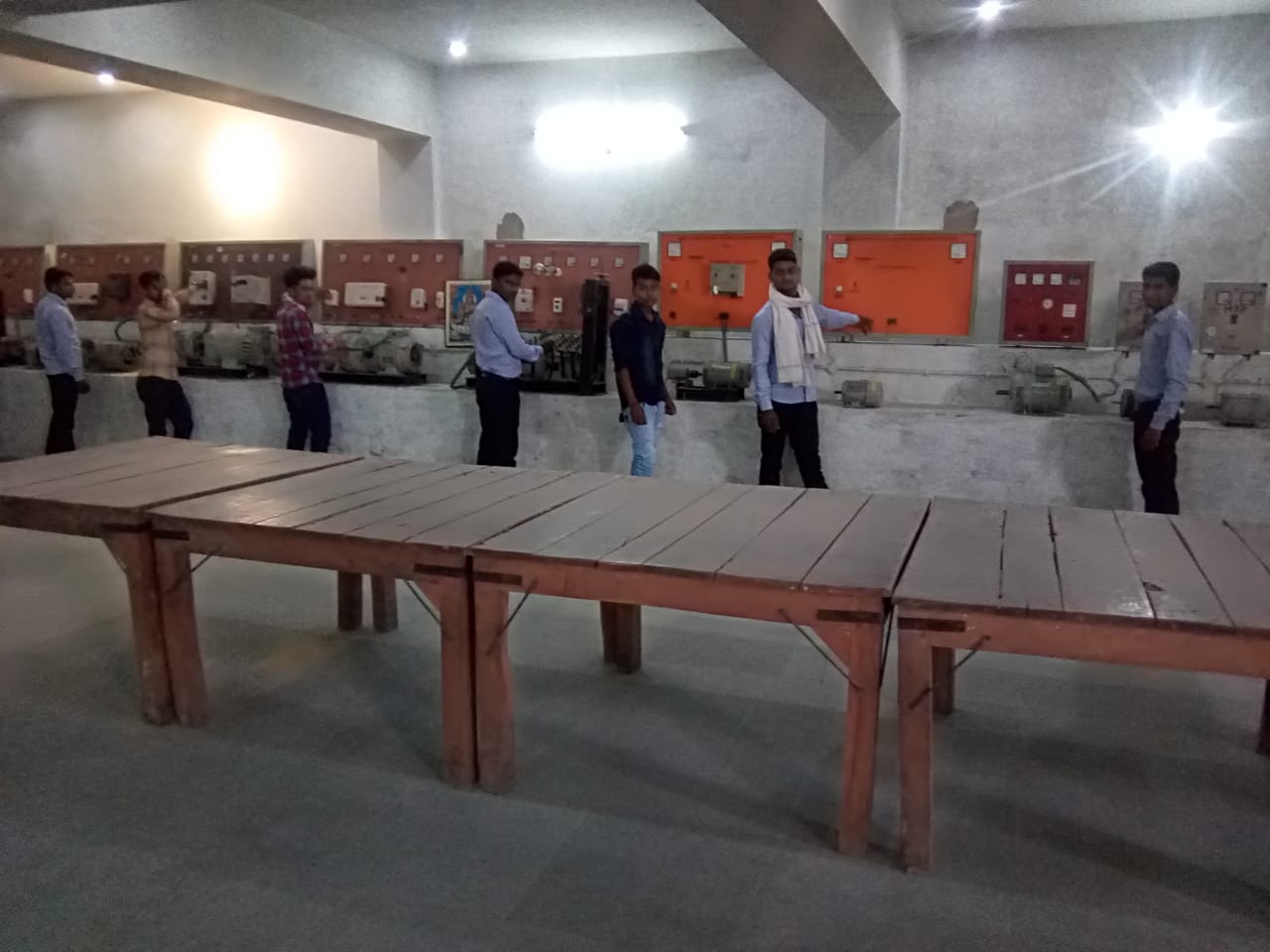
Electrical Electricianfits and assembles electrical machinery and equipment such as motors, transformers, generators, switchgears, fans etc., Studies drawings and wiring diagrams of fittings, wiring and assemblies to be made. Collects prefabricated electrical and mechanical components according to drawing and wiring diagrams and Check them with gauges, meggeretc, to ensure proper function and accuracy. Fits mechanical components, resistance, insulators, etc., as per specifications, doing supplementary tooling where necessary. Follows wiring diagrams, makes electrical connections and solders points as specified. Check for continuity, resistance, circuit shorting, leakage, earthing, etc, at each stage of assembly using megger, ammeter, voltmeter and other appliances and ensures stipulated performance of both mechanical and electrical components filled in assembly. Erects various equipment’s such as bus bars, panel boards, electrical posts, fuse boxes switch gears, meters, relays etc, using non-conductors, insulation hoisting equipment as necessary for receipt and distribution of electrical current to feeder lines. Installs motors, generators, transformer etc., as per drawings using lifting and hoisting equipment as necessary, does prescribed electrical wiring, and connects to supply line. Locates faults in case of breakdown and replaces blown out fuse, burnt coils, switches, conductors etc, as required. Check, dismantles, repairs and overhauls electrical units periodically or as required according to scheduled procedure. May test coils. May specialize in repairs of particular equipment manufacturing, installation or power house work and be designated accordingly.
Reference NCO & NOS
- NCO-2004: 7134.10(851.10)
- NCO-2004: 7241.20(851.30)
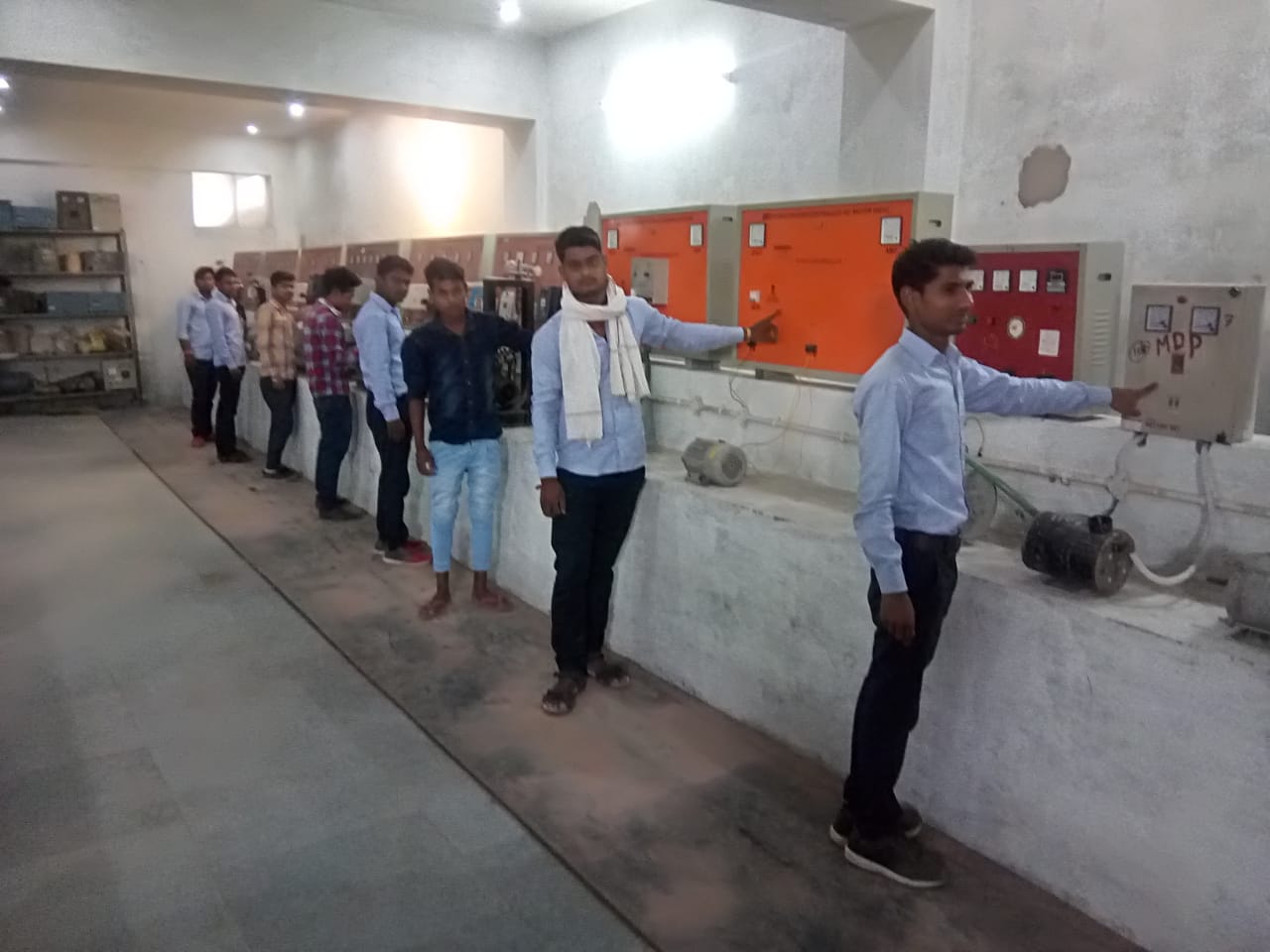
NSQF COMPLIANCE BLOCK
NSQF level for Electrician trade under CTS: Level 4
As per notification issued by Govt. of India dated- 27.12.2013 on National Skill Qualification Framework total 10 (Ten) Levels are defined.
Each level of the NSQF is associated with a set of descriptors made up of five outcome statements, which describe in general terms, the minimum knowledge, skills and attributes that a learner needs to acquire in order to be certified for that level.
Each level of the NSQF is described by a statement of learning outcomes in five domains, known as level descriptors. These five domains are:
- Process
- Professional knowledge
- Professional skill
- Core skill
- Responsibility
The Broad Learning outcome of Electrician trade under CTS mostly matches with the Level descriptor at Level- 4.
The NSQF level-4 descriptor is given below:
| LEVEL | Process Required | Professional knowledge | Professional skill | Core skill | Responsibility |
| Level 4 | work in familiar, predictable, routine, situation of clear choice | factual knowledge of field of knowledge or study | recall and demonstrate practical skill, routine and repetitive in narrow range of application, using appropriate rule and tool, using quality concepts | language to communicate written or oral, with required clarity, skill to basic Arithmetic and lgebraic principles, basic understanding of social political and natural environment | Responsibility for own work and learning. |
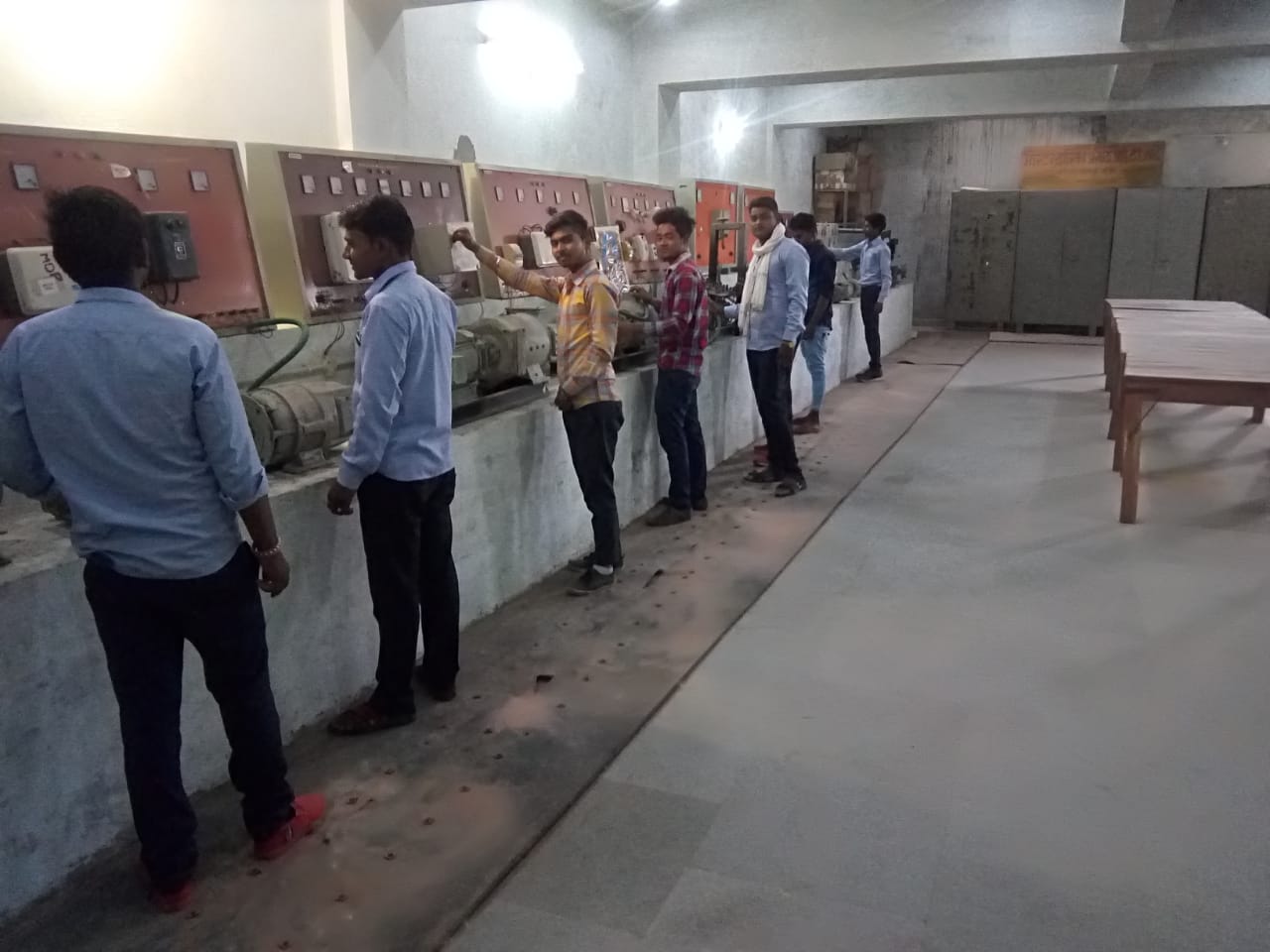
Learning outcome
The following are minimum broad general learning outcome after completion of the Electrician course of 02 years duration:
GENERIC OUTCOME
- Recognize & comply safe working practices, environment regulation and housekeeping.
- Work in a team, understand and practice soft skills, technical English to communicate withrequired clarity.
- Demonstrate knowledge of concept and principles of basic arithmetic, algebraic, trigonometric, and statistics and apply knowledge of specific area to perform practical operations.
- Understand and explain basic science in the field of study including friction, simple machine and heat and temperature.
- Read and apply engineering drawing for different application in the field of work.
- Understand and explain the concept in productivity, quality tools and labour welfare legislation and apply such in day to day work to improve productivity & quality.
- Explain energy conservation, global warming and pollution and contribute in day to day work by optimally using available resources.
- Explain personnel finance, entrepreneurship and manage/organize related task in day to day work for personal & societal growth.
- Understand and apply basic computer working, basic operating system and uses internet services to get accustomed & take benefit of IT developments in the industry
SPCIFIC OUTCOME
- Make good quality suitable for applications electrical wire joints for single and multistrand conductors, soldering and taking suitable care and safety.
- Draw and set up DC and AC circuits including R-L-C circuits with accurate measurement of voltage, current, resistance, power, power factor and energy using ammeter, voltmeter, ohm-meter, watt-meter, energy meter, power factor meter and phase sequence tester with proper care and safety.
- Make choices to carry out basic jobs of marking out the components for filing, drilling, and riveting, fitting and assembled using different components independently.
- Identify the type of batteries, construction, working and application of Ni-cadmium, lithium cell, lead acid cell etc. Demonstrate their charging and discharging, choosing appropriate method and carryout the installation and routine maintenance with due care and safety.
- Jobs like –
- Assemble, test, analyze and repair power supply using the following circuits: Half–wave, full-wave, and bridge rectifiers with filter & without filter. Switching circuit using the following:- UJT, JFET, IGBT, SCR, DIAC, TRIAC
- Measurement of voltage, frequency, time period using CRO.
- Trouble shoot and maintenance of voltage stabilizer, inverter and UPS
- Draw, estimate, wire up, test different type of domestic and industrial wiring circuits as per Indian Electricity rules and taking care of quality. Construction and working of MCB & ELCB. Test a domestic/industrial wiring installation using Megger.
- Plan and install Pipe & Plate earthing. Measure earthing resistance by earth tester.
- Understand the constructional features, working principles of DC machine.Starting with suitable starter, running, forward and reverse operation and speed control of DC motors. Conduct the load performance test of DC machine with due care and safety. Maintain and troubleshoot of DC machines.
- Understand the types, constructional features, working principles of transformer ( single & three phase). Maintenance and application of Transformer.
- Understand the constructional features, working principles of single phase and 3 phase AC motors.Starting with suitable starter, running, forward and reverse operation and speed control of AC motors. Conduct the load performance test of AC machine with due care and safety. Maintain and troubleshoot of AC motors
- Understand the constructional features, working principles of Alternator and Motor-Generator set.Install, set-up and test synchronization of Alternator and Motor-Generator set with due care and safety.Maintain and troubleshoot of the machines.
- Test and perform Winding for small transformer, armature, field winding and machines.
- Plan and execute electrical illumination system viz. FL tube, HPMV lamp, HPSV lamp, etc.
- Select, assemble, test and wire-up control panel for three phase AC Motors.
- Identify parts, installation, service, troubleshoot and repair of electrical appliances viz. Electric iron, heater, kettle, automatic toaster, geyser, mixer & grinder, washing machine and fan with due care and safety.
- Prepare single line diagram and layout plan of electrical transmission & distribution systems and plants with knowledge of principles and processes. Make and test cable joints of underground cable, identify parts and troubleshoot circuit breakers with care and safety.
NOTE: Learning outcomes are reflection of total competencies of a trainee. Each learning outcome may include multiple assessment components. However assessment will be carried out as per assessable outcome and assessment criteria.
GENERAL INFORMATION
| 1. | Qualification | : ELECTRICIAN |
| 2. | Ref. N.C.O. /NOS Code No. | : 7137.10(851.10), 7241.20(851.30) |
| 3. | NSQC Level | : Level – IV |
| 4. | Duration of Craftsmen Training | : 2 Years (4 Semesters each of six months duration) |
| 5. | Entry Qualification | : Passed 10th class with Science and Mathematics under |
| 10+2 system of Education or its equivalent. | ||
| 6. | Trainees per unit | : 16 ( Max. supernumeraries seats : 5) |
Distribution of training on Hourly basis:
| Total Hours / Week | Trade Practical | Trade Theory | Workshop Cal. & Sc. | Engg. Drawing | Employability skills | Extracurricular activity |
| 40 Hours | 25 Hours | 6 Hours | 2 Hours | 3 Hours | 2 Hours | 2 Hours |
COURSE STRUCTURE
- Name of the Qualification :- ELECTRICIAN
- Total duration of the course: – 24 Months
- Training duration details : –
| COURSE ELEMENTS | HOURLY DISTRIBUTION | |||||||
| A | PROFESSIONAL SKILL | 2200 HRS | ||||||
| B | PROFESSIONAL KNOWLEDGE | 530 HRS | ||||||
| C | WORKSHOP CALCULATION & SCIENCE | 180 HRS | ||||||
| D | ENGINEERING DRAWING | 265 HRS | ||||||
| E | EMPLOYABILITY SKILLS | 110 HRS | ||||||
| F | EXTRA CURRICULAR ACTIVITIES/LIB. | 180 HRS | ||||||
| G | INPLANT TRG./PROJECT WORK | 240 HRS | ||||||
| H | ADMISSION & EXAMINATION | 160 HRS | ||||||

